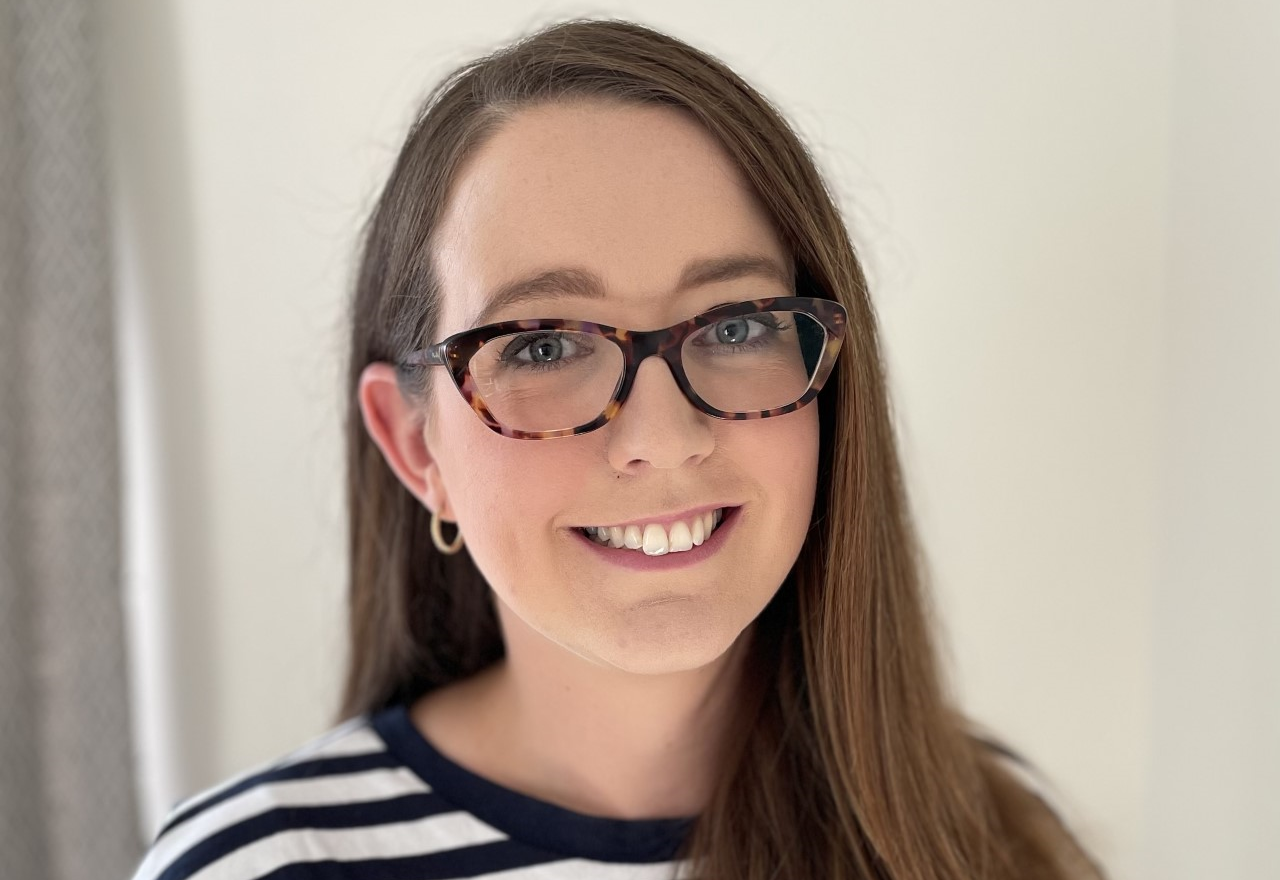Why do we do research?
Despite massive progress in our understanding of the immune system and how it works, there is still a lot that we don’t understand. The best ways of treating immunodeficiency and allergy are constantly being refined. The only way we can make progress and improve our treatments is through research.
Patients teach doctors and scientists
Individual patients themselves can teach us a lot about how the immune system works. Some of the research that we have done describes how investigating a single case of a new condition can lead us to discover brand new facts about the immune system. By publishing this we can let other doctors and scientists know what we have found, which can give them new ideas about their own patients and how to treat them.
Rare diseases – we need your help
Research in rare conditions is quite difficult to do. You can never learn as much from studying a dozen cases of a disease as you can from studying hundreds of cases. Immune deficiency is rare, so many Immunodeficiency centres in the UK, Europe and across the world join resources to improve the quality of the research that we do.
The UK PIN / ESID database is one example of this. We submit anonymous information about our patients (after asking their consent) to larger databases in London and Freiburg (Germany). When this data is examined together with data from lots of other Immunology centres, then important research questions can be answered. Recent examples of such collaborative research are listed below.
Clinical Trials
New treatments can only be approved for use by all patients if they are first tested on volunteers in clinical trials, to make sure that they are safe and effective. If it wasn’t for these volunteers, we would never have new and better treatments.
Usually drugs are first tested on healthy people, and only when they are seen to be safe are they tested in patients to make sure that they work. These trials are highly regulated and closely monitored. Patients are never started on a trial until they have been fully informed about the risks and benefits, and have given their consent. No one should ever put pressure on you to join a trial. It is completely voluntary. You can always refuse or withdraw from a trial at any time, and it won’t affect your normal treatment.
What are the benefits of taking part in a clinical trial?
- You get the chance to be one of the first to try a new treatment
- You benefit other patients by helping the treatment to become licensed and available for all.
- Patients in clinical trials tend be looked after very well – we keep a very close eye on you!
You can see a list of the trials we are currently undertaking here. If you would like more information, just ask one of the team.
Click here to see some of the Immunology and Allergy teams’ published papers.





